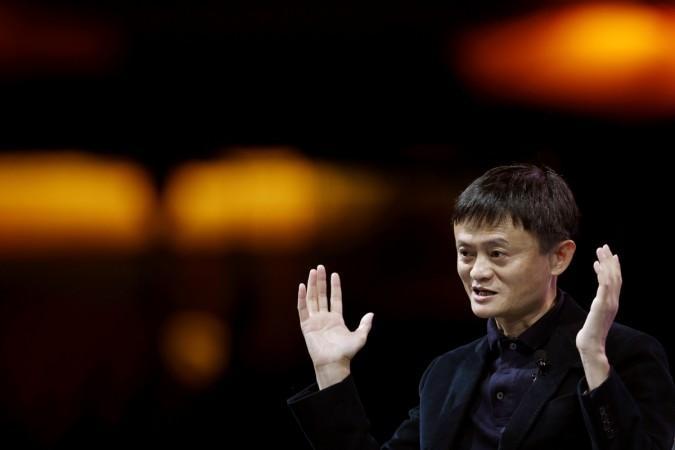
A set of leaked emails in the Sony Pictures hacking incident revealed that Alibaba Holdings, Asia's largest internet company, expressed its interest in investing in Hollywood with Sony Studios.
Alibaba founder Jack Ma reportedly met executives at Sony Pictures and discussed the possibility of investing in certain movies like Ghostbusters, the leaks revealed, according to China Daily.
Ma apparently met with some executive of Sony and a group of other people that included actor Jet Li and people in the know to talk about potential co-investment plans in the movies. The e-commerce company showed interest in investing in a Spider-Man Villain movie, a film on a hit Manga series and even a movie on Chinese children's comic "Dragon Raja."
Jack Ma met with several other studios as well including Fox, Lionsgate and Relativity, fresh off Alibaba's whirlwind IPO.
"I come here to learn, I want to come here looking for partners. We worry about people with deep pockets but shallow minds, so movies are the best way to change Chinese young people's behavior," Ma was quoted by Bloomberg at that time.
Alibaba wants to invest in specific movies only and use its giant internet platform to market the films and deliver a culture-rich product to its users.
"Securing licensing agreements to distribute content across the Alibaba ecosystem remains an important part of our long-term business strategy," Bob Christie, a spokesman for Alibaba said in an e-mailed statement to China Daily.
Alibaba already distributes movies and TV shows through its set top boxes. The new venture in Hollywood would only give it a larger audience and build more business for the company.
Meanwhile, the hacker group that breached data security of Sony Pictures has exposed far more crucial data than just some preliminary talks between two giant companies. The cyber attack has leaked employee personal information, some pilot movie plots and other confidential emails that have put Sony Pictures in a tight spot.
The hacks could cost the company more than $200 million.

















